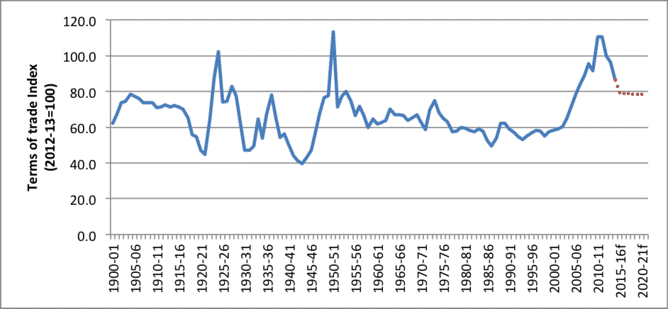Japan’s Abe Not Helping His Country’s Efforts with China
For a long time, historical and territorial disputes plagued relations between Japan and China. So far, the frictions show no sign of abating. Instead, Japanese Prime Minister Shinzo Abe has taken a nationalistic approach towards China. China has reportedly regularly intruded into Japanese territorial waters near the disputed Senkaku/Diaoyu islands and repeatedly demanded Japan to apologise for its wartime atrocities. These events have heightened tensions between the two countries.




